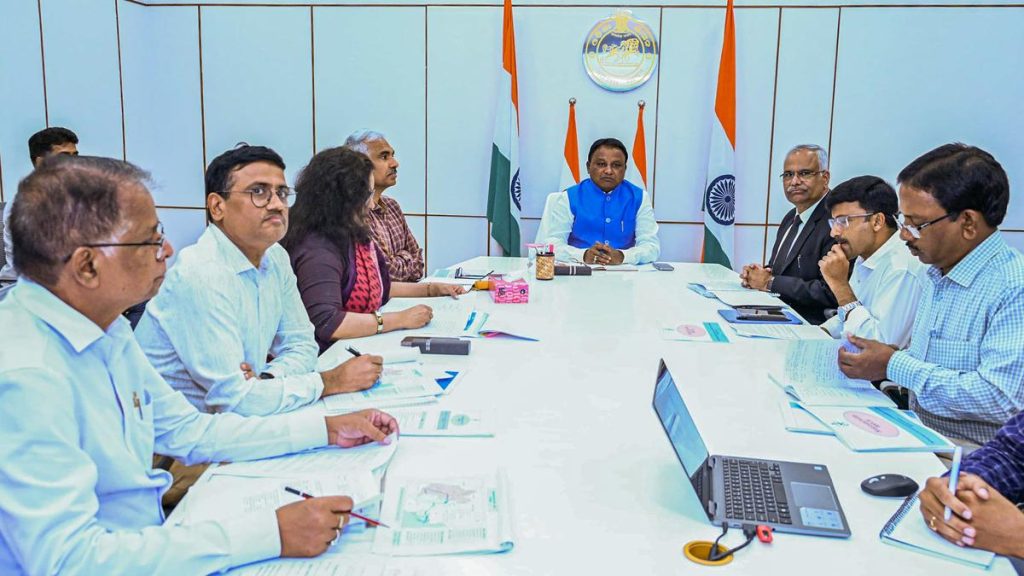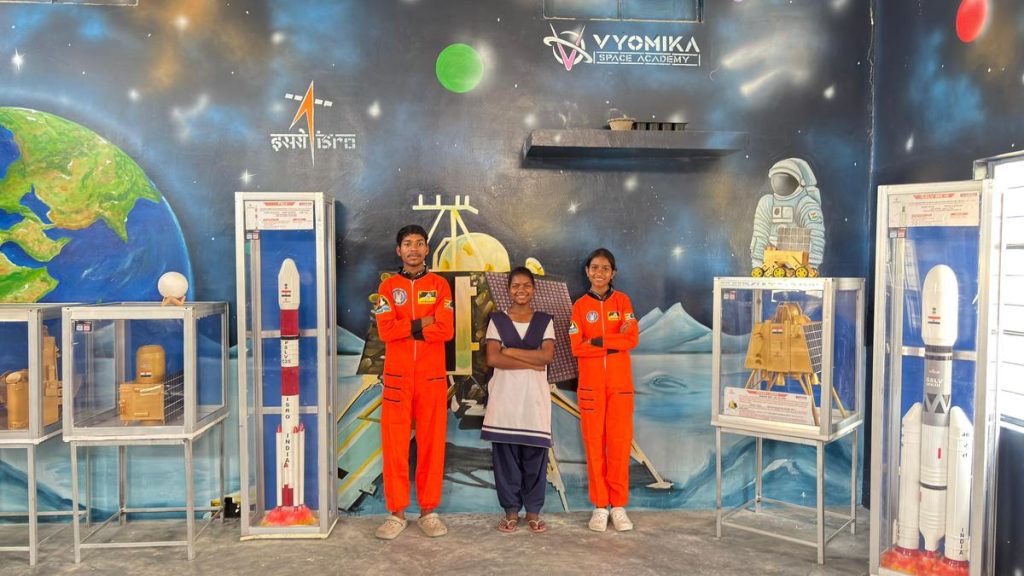Now Reading: Rajnath Asserts India’s Right to Pre-Emptive Strikes Against Terror in Talks with US
-
01
Rajnath Asserts India’s Right to Pre-Emptive Strikes Against Terror in Talks with US
Rajnath Asserts India’s Right to Pre-Emptive Strikes Against Terror in Talks with US

Speedy Summary:
- India’s stance on terrorism: Defence Minister Rajnath Singh communicated to US Secretary of Defence Pete Hegseth that India reserves the right to defend itself and take pre-emptive action against cross-border terrorism from Pakistan. India’s recent Operation Sindoor was stated as “measured, non-escalatory, proportionate, and focused” on targeting terrorist infrastructure in Pakistan and PoK.
- High-level dialog: During the 20-minute telephonic conversation, Singh appreciated US support in India’s fight against terrorism and emphasized further strengthening defence cooperation between the two countries. This includes improving interoperability, enhancing defence industrial supply chains, logistics sharing, joint military exercises, and partnerships with like-minded nations.
- Calls for delivery delays resolution: Singh urged faster delivery of GE-F404 engines for Tejas-Mark 1A fighters and called for concluding an agreement on co-producing GE-F414 engines in India. Delay in delivering ordered equipment is hampering progress on India’s indigenous fighter jets.
- Apache helicopters: six Apache heavy-duty attack helicopters ordered by India under a Rs 5,691 crore deal will now be delivered by year-end after significant delays.
- Quad condemnation: The Quad grouping criticized cross-border terrorism following the Pahalgam terror attack linked to Pakistan.
Indian Opinion Analysis:
India’s assertive messaging regarding it’s right to defend against cross-border threats signals its firm approach toward counter-terrorism amidst volatile geopolitical equations with Pakistan. Rajnath Singh’s emphasis on measured actions during operation Sindoor highlights India’s adherence to maintaining proportionality while targeting terror infrastructure – a crucial aspect given international scrutiny surrounding such operations.
The renewed focus on expediting supply chain agreements with US firms indicates both urgency in bolstering indigenous defence capabilities (like Tejas jets) and frustration over delays impeding operational readiness. Strengthened Indo-US defence cooperation could enhance strategic leverage but underscores reliance on timely global partnerships amid rising security concerns tied to regional tensions like those emanating from Pahalgam-style attacks traced back to Pakistan.
The Quad’s collective stance reiterates growing pressure for accountability around cross-border terror networks rooted there – this remains vital for fostering shared security goals within multilateral frameworks influencing South Asian stability at large.Read more
























